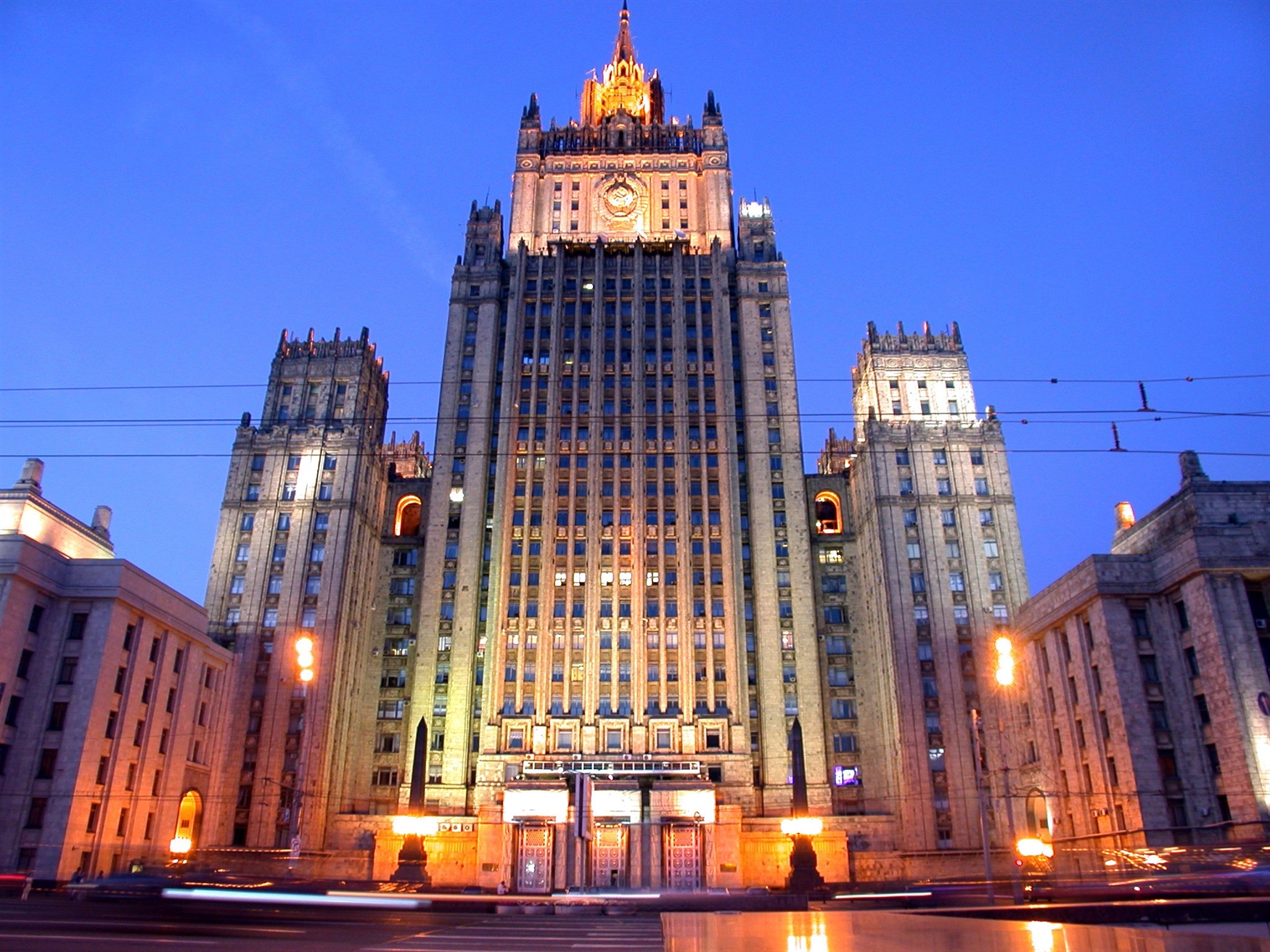The Russian Foreign Ministry made it clear that Washington’s return to the Joint Comprehensive Plan of Action (JCPOA), known as the Iran nuclear deal, should not be viewed as a reason to negotiate or revise the accord.
"We take the position that once the United States returns to compliance with its commitments under the JCPOA, it should become neither a bargaining chip nor a pretext to revise the deal," the ministry said on Wednesday, commenting on Washington's possible return to the JCPOA.
"Nor should additional obligations be imposed on Iran and the other parties to the agreement. There is no need to overcomplicate and reinvent anything. We should strictly follow the letter of the JCPOA," the Russian ministry said.
Signed in 2015 by Iran and several world powers, including the United States, the JCPOA placed significant restrictions on Iran’s nuclear program in exchange for sanctions relief. The Iran deal was one of the crowning diplomatic achievements of former President Barack Obama's tenure, however, the US withdrawal from the agreement by the Trump administration in May 2018 heightened tensions between the US and Iran and left the remaining signatories scrambling to keep the deal alive.
In response to US President Donald Trump’s withdrawal from the agreement, Iran resumed enrichment of uranium at its underground site in Fordow to 20 percent, a level not seen since 2015. The 20-percent uranium enrichment process was launched on January 4 as part of Iran's Strategic Action Plan to Counter Sanctions which was approved by the parliament in December 2020.
Iran’s nuclear activity remains under the constant supervision of the International Atomic Energy Agency (IAEA), according to the Russian Foreign Ministry.
"All the steps taken recently by Tehran, including the enrichment of uranium to 20% and the preparation of infrastructure for production of metallic uranium were conducted under the strict supervision of the Agency’s inspectors. Iran claims that its nuclear program is exclusively peaceful. IAEA inspections make it possible to verify that this is the case," the ministry stated.
As part of the deal, Iran agreed to shut down many of its centrifuges – tube-shaped machines that help enrich uranium, but it retained the right to enrich uranium to a level of 3.67 percent – significantly below the enrichment level needed to create an uranium bomb. In other words, Tehran agreed to restrictions that would allow it to have enough enriched uranium to maintain the country's energy needs. It also banned uranium enrichment at Fordo – a facility built deep inside a mountain to protect it from a military strike – until 2031.
In addition, Iran agreed to give access to inspectors from the International Atomic Energy Agency (IAEA), the UN's nuclear watchdog agency, to its nuclear facilities and other locations.
Prior to Washington's withdrawal from the deal, the Vienna-based UN atomic watchdog repeatedly found Iran to be complying with the terms of the pact.
"Time has proven that there is no alternative to the nuclear deal. All the recipes necessary for the successful implementation of the JCPOA are embedded in it," the ministry said, adding since the US withdrawal over two years ago there have been several challenges to the agreement "without the solution of which it is impossible to effectively ensure the carefully verified balance of interests based on which the JCPOA was originally built."
Moscow and Tehran seek to completely restore the Iran nuclear deal, Russian Foreign Minister Sergey Lavrov said earlier during a meeting with his Iranian counterpart Mohammad Javad Zarif.
"The salvation of the Joint Comprehensive Plan of Action on the Iranian nuclear issue is one of the most acute topics on the agenda. Both Russia and Iran are deeply interested in the full return of signatory states to fulfilling their obligations under the accord," the Russian foreign minister said.







 Iran's senior military leaders described the drone and missile attack on Israel on April 14 night as “successful".
Iran's senior military leaders described the drone and missile attack on Israel on April 14 night as “successful".
 The number of evacuees from flooded areas in Kazakhstan has reached 97,852 people, including about 32,856 children since March 27.
The number of evacuees from flooded areas in Kazakhstan has reached 97,852 people, including about 32,856 children since March 27.
 Azerbaijan officially unveiled the logo for the upcoming 29th session of the Conference of the Parties to the United Nations Framework Convention o...
Azerbaijan officially unveiled the logo for the upcoming 29th session of the Conference of the Parties to the United Nations Framework Convention o...



